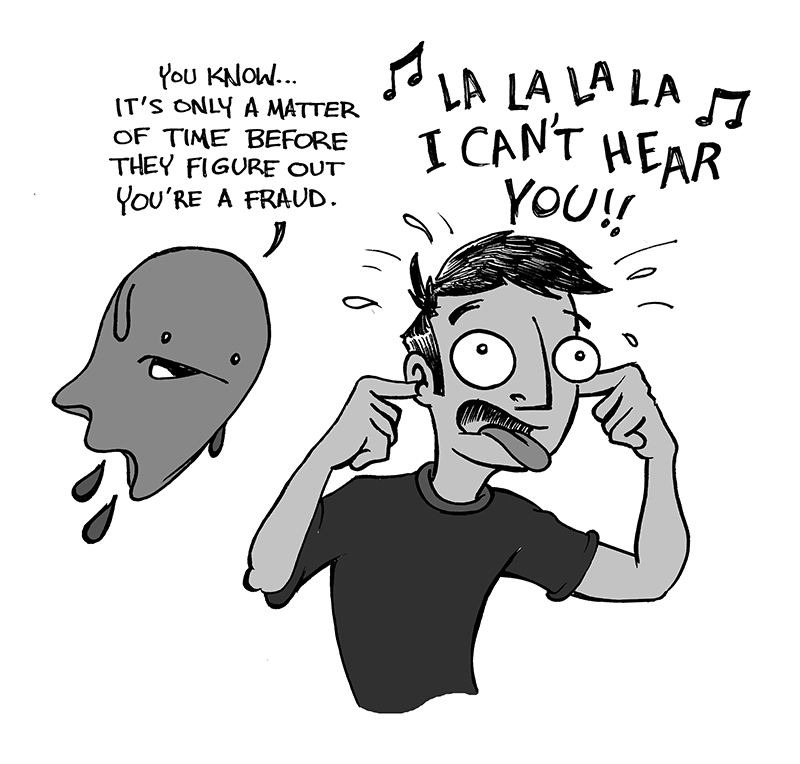
Ever hear that nagging voice in your head telling you you’re not enough, you’re going to fail, or you should’ve done better?
That’s your inner critic — the internalized voice of fear, doubt, and self-judgment. It often grows from past experiences, but here’s the truth: it’s not your authentic self. It’s a learned pattern.
Our inner critic can stem from early life conditioning, societal expectations, or even a well-meaning desire to keep us “safe” by avoiding risks. While it’s meant to protect us, it usually ends up limiting our growth. Harsh self-talk, perfectionism, procrastination, constant comparison, and that persistent feeling of “never enough” are all signs it’s speaking up.
Even though its intention is protection, the inner critic often causes more harm than help. It can create chronic stress, fuel self-doubt, keep us from stepping into opportunities aligned with our purpose, and deepen feelings of shame and unworthiness.
So, what do we do with it?
Ignoring it might seem like the easy answer, but that usually allows it to operate in the background unchecked. Instead, I guide my clients to meet it with awareness and compassion:
-
Notice without believing – Pause when the thoughts arise and simply acknowledge them.
-
Give it a name – Personify it to create space between you and the voice. Describe what it looks like, so you can see it for what it is.
-
Challenge its story – Ask, “Is this thought absolutely true? What’s the evidence against it?”
-
Replace with kindness – Shift from criticism to supportive self-talk.
-
Anchor in truth – Use affirmations, prayer, or grounding practices to reconnect with your inherent worth.
When you learn to relate to your inner critic in this way, you stop letting it run the show — and you reclaim the power to choose a voice that aligns with your highest self.
Add comment
Comments